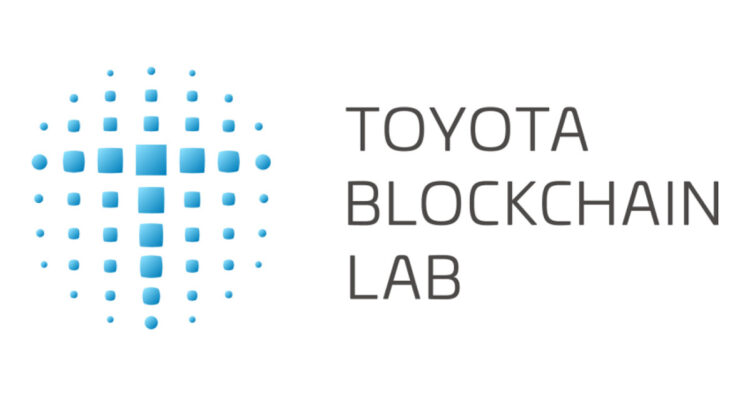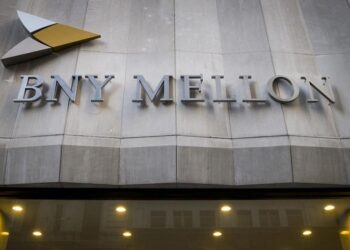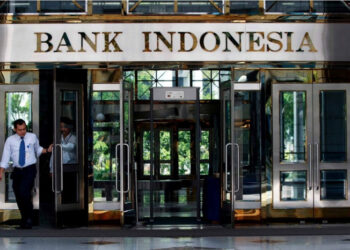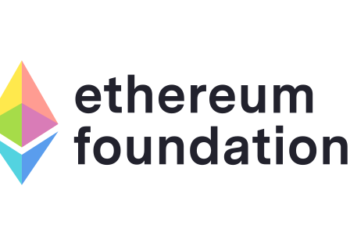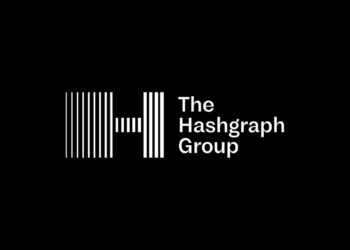Toyota Blockchain Lab has revealed its Mobility Orchestration Network (MON) prototype built on the Avalanche blockchain platform.
The pioneering system aims to resolve fragmentation across global mobility ecosystems by securely connecting automakers, regulators, insurers, and service providers on a unified blockchain infrastructure.

MON leverages Avalanche’s multi-layer-1 (multi-L1) architecture, chosen for sub-second transaction finality, scalability, and interoperability. This setup allows Toyota to deploy tailored, interoperable blockchains customized for diverse regulatory and business needs while benefiting from Avalanche’s broad ecosystem.
The prototype comprises four layers: Avalanche as the decentralized transaction validation base; a data access and control layer managing permissions and interoperability; a mobility services layer facilitating functions like payments, insurance claims, and data sharing; and an interface layer connecting external participants and user applications. These components collectively enable transparent management of vehicle financing, ownership transfers, ride-sharing contracts, EV charging payments, and carbon credit tracking.
Toyota’s MON addresses critical pain points in the transportation sector, including isolated data storage, lack of standardization, and inefficient cross-industry collaboration. By establishing a trust-based blockchain infrastructure, it promises programmable transparency that may evolve into a global mobility coordination platform without centralized intermediaries.
While MON remains a prototype under technical advisory from Ava Labs, its successful commercial deployment could set a new standard for blockchain-enabled mobility networks. Beyond Toyota, the platform could inspire broad adoption across the transportation industry, advancing decentralized trust and operational efficiency.
Avalanche’s role in this project underscores its ambition to expand real-world layer-1 blockchain applications beyond traditional finance into data-intensive sectors like mobility. Increased transaction volumes from MON could also drive demand for AVAX tokens to cover network fees.
For now, Toyota Blockchain Lab’s initiative stands as a strategic move signaling blockchain’s growing relevance in automobile ecosystems and DeFi intersections. If deployed at scale, MON could pioneer the blueprint for interoperable, transparent, and decentralized global mobility.
Meanwhile, SoFi (NASDAQ: SOFI) is entering the blockchain-powered payments sector with the launch of an international money transfer service built on the Bitcoin Lightning Network.
If you want to read more news articles like this, visit DeFi Planet and follow us on Twitter, LinkedIn, Facebook, Instagram, and CoinMarketCap Community.
“Take control of your crypto portfolio with MARKETS PRO, DeFi Planet’s suite of analytics tools.”

